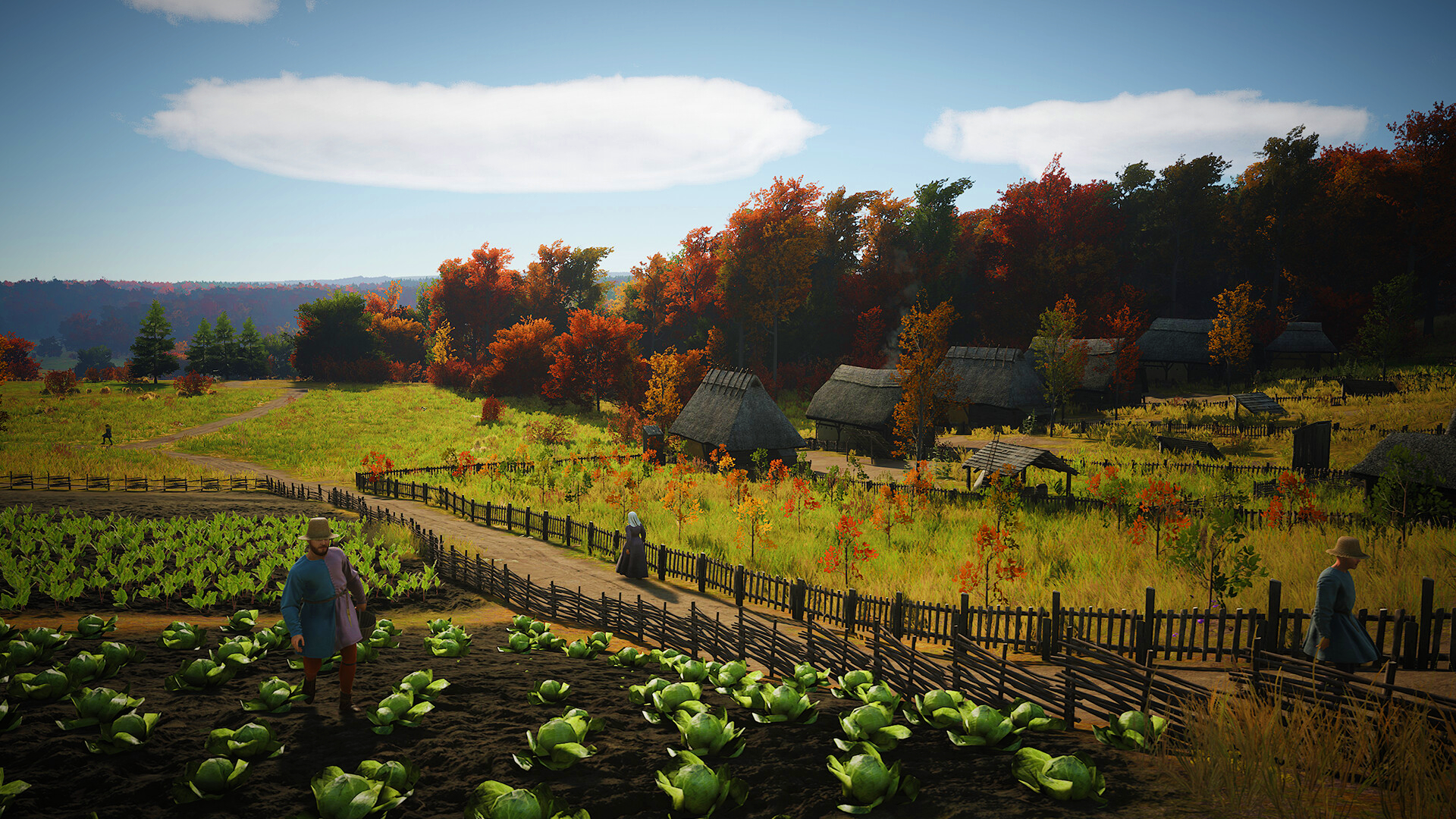Manor Lords publisher says "so many games fail" because of bad contracts where publishers insist on making all their money back before devs get a bite of revenue
He calls most publisher deals "terrible"

The head of Manor Lords publisher Hooded Horse explains how a good few games "fail" due to money - or the lack thereof following bad contractual agreements between developers and publishing studios.
Speaking in a new interview with Pirate Software lead Jason 'Thor' Hall, Hooded Horse CEO Tim Bender says that publishing contracts are often to blame for games' lack of success. "A sort of mainstay of publishing contracts - which I very much don't agree with … is 100% recoup terms where the publisher will recover first. All the sales will go towards recovering the publisher's costs before any sales revenue goes to the developer."
Bender continues, agreeing with Hall as he refers to such publisher contracts as "absolutely devastating."
"It's terrible. It leads to - I mean, so many games fail, and the people blame the developers, and it's like, well, we know what happened. They were buried under recoup - no matter what they did ever, they were never going to get out from under that and see any money from the game and be able to support themselves."
"When you set up recoup terms you're basically saying the most important thing is that the financial product to the publisher succeeds because it's very protective of that - like getting all the money until the money comes back that the publisher put in is essentially saying 'I will not fail in the sense of financial project.'" Hall responds, stating that in that scenario, "there's no risk for the publisher" if the games end up failing.
"They've already made their financials back. At that point, it's just pure profit." Bender agrees: "The consequence is the developer gets no money until [the publisher gets it] back - it makes it much more likely to fail [for developers] … and it also makes it much more likely to fail for players." His point here especially makes sense - if a game is financially successful for developers, fans can expect future improvements and updates.
If it isn't - they can't, and "it's over." Success on the developers' behalf rather than only the publishers "makes it much more likely that games that could be improved after release answer player complaints and turn into a successful game for the players." Bender concludes his point by asserting that Hooded Horse is "the opposite" as the Manor Lords publisher doesn't "use those recoup terms" - a refreshing revelation to say the least.
Weekly digests, tales from the communities you love, and more

After spending years with her head in various fantastical realms' clouds, Anna studied English Literature and then Medieval History at the University of Edinburgh, going on to specialize in narrative design and video game journalism as a writer. She has written for various publications since her postgraduate studies, including Dexerto, Fanbyte, GameSpot, IGN, PCGamesN, and more. When she's not frantically trying to form words into coherent sentences, she's probably daydreaming about becoming a fairy druid and befriending every animal or she's spending a thousand (more) hours traversing the Underdark in Baldur's Gate 3. If you spot her away from her PC, you'll always find Anna with a fantasy book, a handheld video game console of some sort, and a Tamagotchi or two on hand.


